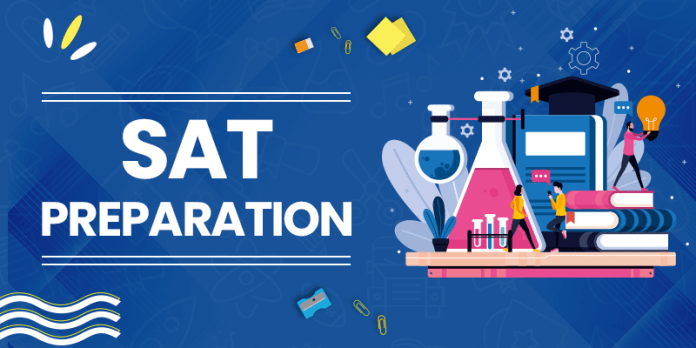In this blog, you will learn SATs revision tips to improve your chances of success. SATs are a standardised test used in the UK to measure students’ performance at the end of each key stage. The test focuses on developing reading, writing, mathematics and science skills, with children at the end of each key stage required to achieve a certain level in the test.
The acronym “SATs” stands for “Standard Assessment Tests”. The test is taken by students twice in primary school. Moreover, it tests what children have learned at school since the previous test.
The level they need to achieve depends on their age and what stage they are in at school. Parents can help their children improve their performance on the test by taking them to a tutor who specialises in SATs. The tutor will focus on the subject your child is having issues with so that they can improve their score.
If your child struggles with the SATs, tutoring can be a great solution. There are many experienced and certified tutors online. Many parents report positive experiences with SAT tutoring; some say that their children’s scores increased. Therefore, if you require extra support for your child, one on one sat tutoring can improve their reading, writing and Maths skills. Online tutors can provide students with practice tests that simulate the actual testing experience.
When Do We Get SAT Results?
The test checks if the students have mastered their specific subjects and whether they can apply their knowledge in the real world. It tells the parents and students about their progress. However, it does not indicate whether the student has done well or not. Instead, it shows the level at which the student is working.
The effectiveness of SATs is the topic of discussion. However, if you wish your child to prepare for SATs, it is best to find a learning method that works to support them in their exam preparation.
In Key Stage 1 SATs, students are assessed in Maths and English (reading, comprehension, grammar, punctuation). Hence, Key Stage 2 SATs will cover vocabulary, spelling, grammar, Maths reasoning, and arithmetic.
The KS2 SATs are externally marked, and the results will be available at the end of the summer term. Here are the details that you will get to see in the report:
Raw score: This is simply the score they received on their SATs
Scaled score: It is a conversion score that provides a comparison of years
Expected standard: It determines whether or not the students have met the national average.
The SATs have undergone significant changes in recent years. In 2016, SATs results appeared as scale scores.
SATs Revision Tips to Help Your Child Succeed In Exams
1. Focus on Your Weak Areas
When you study for a test, it is essential to do so in a way that allows you to learn the most and retain the knowledge you find. Therefore, drill down to your shortcoming and analyse why you have made mistakes.
Talk to your teacher or tutor and ask them to identify your weak areas. Clarify your ambiguity and start working on the section you were always afraid of working on. Thus, you will start seeing improvement in a short time.
2. Practice Papers
The best way to improve your score is to use past papers to practise. These papers get you familiarised with the exam layout. You can find old papers online. Moreover, these practice papers will give you an idea about exam patterns.
They let you understand how much time you need to complete the test. Hence, it prepares you mentally. The actual exam will seem less scary with practice papers. Therefore, it will significantly impact their preparation. Furthermore, they feel confident. Plus, to some extent, it will make them bold.
3. Hire Tutor
Hiring a tutor is one of the best ways to prepare for an exam. A tutor will adapt to the needs of each student and help them prepare for exams. Tutors can provide one-on-one assistance, customised practice tests, and tips and tricks to improve their performance.
The assistance of a tutor can help students prepare for an exam by providing tips, tricks, and examples to help them better understand the material. They know how to motivate pupils, and how to bridge the learning gap. Hence, getting a tutor can help students improve their confidence and test scores and feel more prepared for exams.
4. Adopt Positive Mental Attitude
Surround yourself with positivity. Always say to yourself I can do this. You might have heard the saying, you become what you think. Therefore, always treat this revision activity as fun and engaging. Parents should always encourage their childs. For instance, if your child gets something wrong, you could promote them for what they did right instead of focusing on the mistake. Hence, such an attitude will boost their encouragement level.
Final Words
These SATs revision tips will help your child in their bright future. Moreover, it is not a bad idea to seek additional support for academically underperforming children. In such cases, tutors can bring your child back on track.
So, if you seek an extra hand, SATs tutoring in UK provide students with practice tests that simulate the actual testing experience. Moreover, the tutor also provides feedback on student performance to keep a well-oiled machine going!



